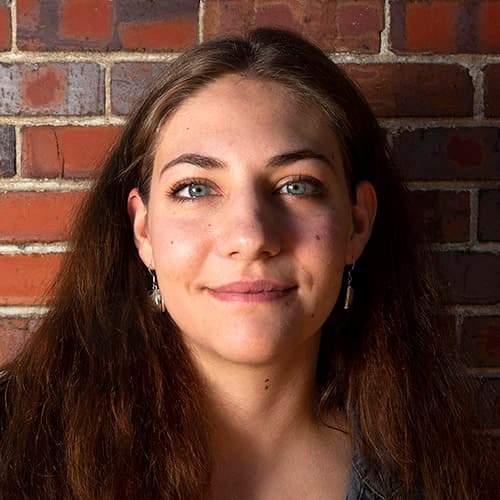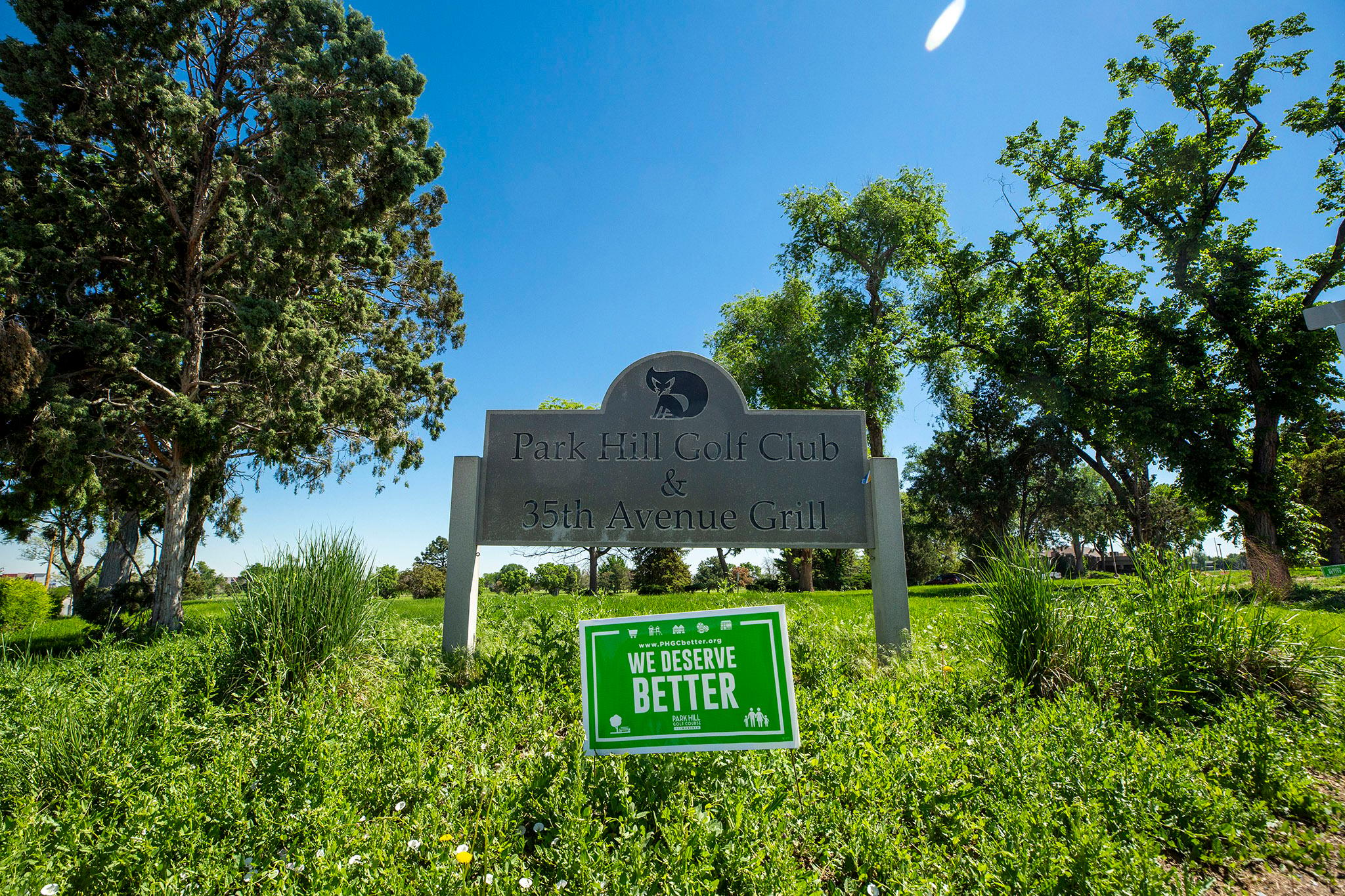Votes from Tuesday's election are still being counted, but the preliminary results regarding Park Hill Golf Course have remained consistent: The green space-advocate backed Measure 301 will likely be approved, while developer-backed 302 has been shot down. In short: The majority of voters have proven to be in favor of having a citywide vote to lift conservation easements and have voted down the counter-measure to exempt Park Hill Golf Course.
This means that the conservation easement originally placed over Park Hill Golf Course in 1997 will need citywide approval to be removed, adding another hurdle for Westside Investment Partners, which bought the land believing it could work directly with the city government to iron out the easement. It also means that the entire city, not just neighboring communities, will now be able to weigh in on the golf course's future.
"Obviously, I'm pleased because the election results confirmed what those of us voting 'Yes' on parks and open space knew and realized," Penfield Tate, a former mayoral candidate and backer of Save Open Space Denver, said. "It's just gratifying to see people confirm their values and commitment to green space over concrete."
But the debates are far from over.
Westside, which bought the land in 2019, still has until at least 2022 to get development plans approved, and now they won't just have to win over the neighbors, but all of Denver as well. If they are unable to reach approval before the original three-year timeline, the city could require Westside to restore the golf course. The pressure is on.
"There is no precedent to the entire city coming to vote and decide what's going to happen in one local community. I wonder where those people were... when our community was being gentrified, when our property was being taken away from us, and those of us who live in this area were calling out for help and assistance," Pastor Del Phillips, who is on the 27-member Park Hill Golf Course Steering Committee, said at a rally in October. "I think it is highly unusual now people to say this is about saving green space... This is really about people who believe they have the right to choose where other folks want to live."
Northeast Park Hill, a historically marginalized community with a large Black population, has suffered at the hands of redlining and racist government policies for decades. That's why some longtime residents have so vehemently opposed bringing the entire city into the visioning process for the golf course. Tuesday's vote has virtually solidified the entire city's presence in decision-making from now on.
Norman Harris with the Holleran Group, Westside's partner on the Park Hill Golf Course development, said the developers are up to the challenge. They plan to continue their outreach and visioning process as normal.
"We are going to double down on our community outreach to assure that we are bringing the right folks to the table and truly achieve an equitable outcome," Harris said. "We're very confident that we are going to be successful, and we just really look forward to the opportunity to bring more people into the conversation."
In general, community outreach in the Clayton, Elyria-Swansea and Northeast Park Hill neighborhoods has shown that residents near the golf course are open to creating a mixture of development and open space. SOS Denver has criticized those survey's methods, and cite a Greater Park Hill Community survey which shows a preference for open space -- but that study was conducted only in the three Park Hill neighborhoods, and not in those surrounding the golf course.
Correction: This story was updated to reflect the timeline of Westside's development deal with the city, and that the survey SOS Denver cited was conducted by the Greater Park Hill Community, not by SOS Denver.












